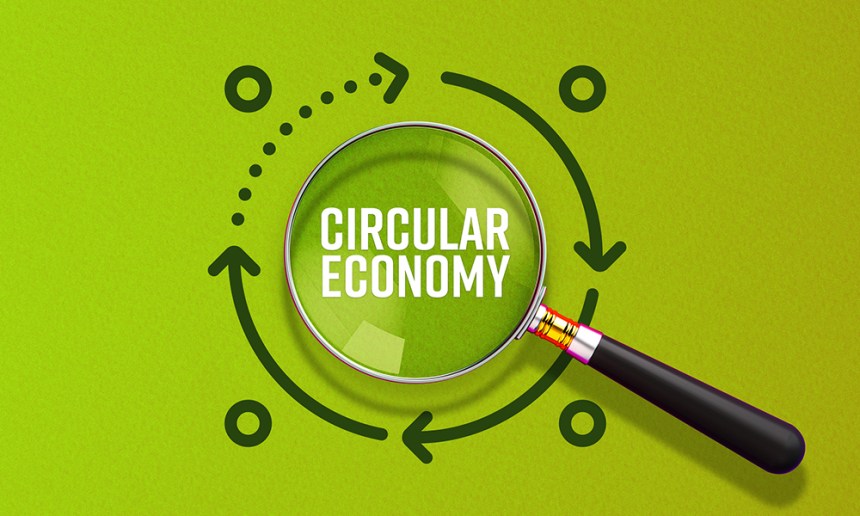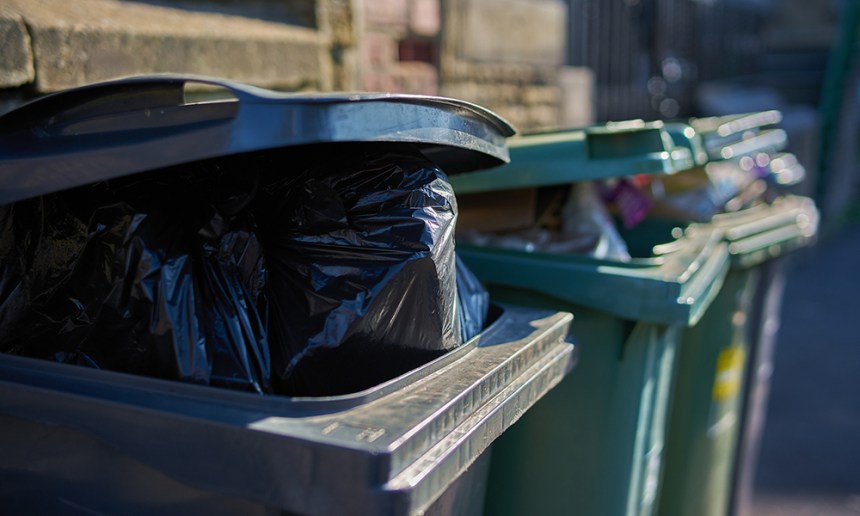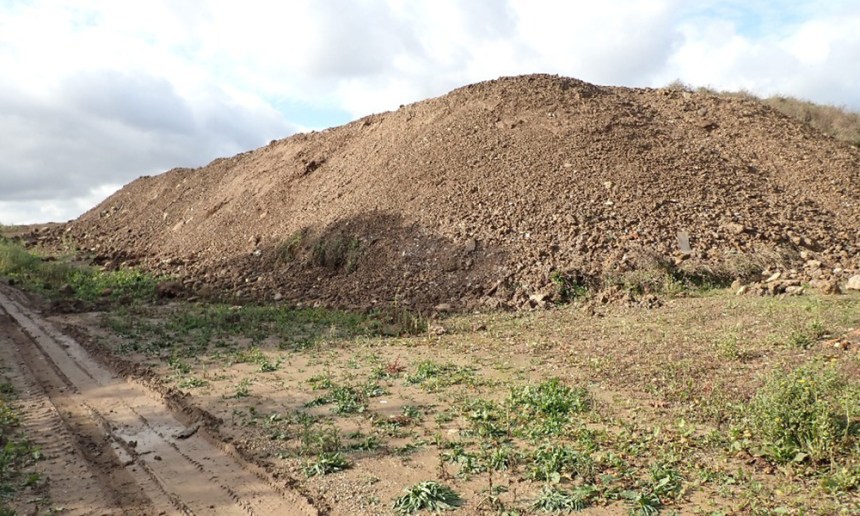Can regulation unlock a circular future for construction & textiles?
Ahead of this year’s Festival of Circular Economy, Circular Online asks whether targeted legislation and regulation could be the missing link in accelerating the UK’s transition to a circular economy in the construction and textiles sectors. Regulation is often seen as both a catalyst and a constraint. Yet, as the UK urgently strives toward a circular economy, particularly within the high-impact sectors of construction and textiles, thoughtful legislation may be exactly what is needed to drive transformative change. The importance of this debate will be explored in depth at this year’s Festival of Circular Economy, with sessions highlighting regulatory innovation, collaboration, and best practices across industries. The theme for…
Can regulation unlock a circular future for construction & textiles?
Ahead of this year’s Festival of Circular Economy, Circular Online asks whether targeted legislation and regulation could be the missing link in accelerating the UK’s transition to a circular economy in the construction and textiles sectors. Regulation is often seen as both a catalyst and a constraint. Yet, as the UK urgently strives toward a circular economy, particularly within the high-impact sectors of construction and textiles, thoughtful legislation may be exactly what is needed to drive transformative change. The importance of this debate will be explored in depth at this year’s Festival of Circular Economy, with sessions highlighting regulatory innovation, collaboration, and best practices across industries. The theme for…
Office workers throw away enough food waste per week to charge a mobile phone 13 times
Each person who throws away food waste at lunch in their workplace could generate enough electricity every week to charge a mobile phone 13 times, a poll of 1,000 office workers has found. The research, commissioned by UK waste management company Biffa, found that despite people taking actions to reduce their food waste at lunch, half of respondents said they throw away part of their lunch in their workplace each week. The main reasons for throwing away food at lunch was as a result of inedible food waste, such as banana skins or eggshells (45%), busy schedules or plans changing (30%), poor food quality (28%), standard portion sizes too…
25% of US & UK fashion retailers have limited visibility of items
25% of fashion retailers in the UK and US say they have “limited or no visibility” of textile items in factories and distribution centres. The report by Avery Dennison is based on a survey of 250 senior fashion retail supply chain decison makers in the UK and US and found many were limited in item-level visibility. The research also revealed that their supply chain is “highly problematic with regular disruptions” for 30% of respondents, while only 22% categorised it as “efficient and responsive”. The Boosting Margins – The Power of Enhanced Fashion Supply Chain Visibility report found that 61% of the smaller companies, those with annual revenue between $1m…
Grundon: Testing times for Energy-for-Waste operators
Neil Grundon, Chairman of Grundon Waste Management, puts forward his views on plans to bring Energy-from-Waste facilities into the UK Emissions Trading Scheme. Every now and then it is important to look back before we go forward. There is not much sense in repeating the mistakes of the past in the rush towards a noble goal. I am talking about the UK Government’s plans to bring the Energy-from-Waste (EfW) sector into the UK Emissions Trading Scheme (ETS). It reminds me of when the Landfill Tax was introduced nearly 30 years ago – more of which later. Neil Grundon, Chairman of Grundon Waste Management. In order for the EfW and…
Ellen MacArthur Foundation report calls for global reuse targets
A new Ellen MacArthur Foundation on reuse in the Global South has called for countries to set clear definitions and targets for reuse systems. The Ellen MacArthur Foundation’s report, written in partnership with WWF, explores the possibilities for reuse in the Global South by highlighting case studies of how companies in this region are using reuse models. The Reuse in the Global South report says companies in the Global South are facing common challenges to scaling reuse solutions. The Ellen MacArthur Foundation highlighted that these challenges include access to finance required for upfront infrastructure investments and regulatory restrictions on delivering certain products in reusable packaging. The case studies also…
Fire Service issues warning over Birmingham bin strikes
West Midlands Fire Service (WMFS) is urging residents in Birmingham to take extra care when storing and disposing of waste as Unite members vote to extend strike action. Unite the Union said the dispute is over Birmingham City Council’s decision to “downgrade” Waste Recycling and Collection Officer (WRCO) roles. On average, Unite said staff performing the “safety-critical” WRCO role will lose around £8,000 a year under the plans. Birmingham City Council disputed Unite and said its whole team is accountable for working in a safe and responsible way. An official in the Council told Circular Online that claims that 150 people could lose £8,000 a year in pay are…
EU classifies “black mass” as hazardous waste
The European Commission has classified shredded battery waste, also known as “black mass”, as hazardous waste as part of plans to increase the circular management of batteries and critical raw materials. The Commission updated the List of Waste last week as part of their goal to keep batteries and their critical raw materials in the European economy for longer. Black mass, lithium-based, nickel-based, and zinc-based waste batteries, and sodium sulphur and alkaline waste batteries are now classed as hazardous. The European List of Waste provides common terminology for identifying and classifying all different types of waste, including hazardous waste, which can be harmful to human health and the environment.…
Three ordered to pay £75,000 in fines over illegal waste activity
Three defendants have been ordered to pay fines, victim surcharges and prosecution costs of more than £75,000 for their involvement in an illegal waste site in Northamptonshire. The defendants were sentenced on 27 February at Northampton Magistrates’ Court for waste offences at Mill Farm near Kettering. The Environment Agency said 34,000 tonnes of waste was stored at the site with large quantities of mixed waste piled over 10 metres high. The Environment Agency said officers investigated the site in Great Cransley that David Goodjohn, 64, and his company, Green Infrastructure Ltd, operated without an environmental permit. They have been ordered to pay almost £32,000. We take illegal waste activity…
Karen Graley appointed Head of EPR Producer Responsibility Organisation
Karen Graley has been appointed as the Head of the Producer Responsibility Organisation (PRO) for packaging Extended Producer Responsibility (pEPR). The Food and Drink Federation (FDF) and the Industry Council for Packaging and the Environment (INCPEN) announced the appointment. Graley has 30 years of experience working on packaging strategies across major UK retailers, including Safeway and Waitrose, and most recently in her role as Head of Packaging at Marks and Spencer. Graley is also a founding member of the Board of Directors for the On-Pack Recycling Label (OPRL) scheme. Karen Graley, the Head of the Producer Responsibility Organisation for packaging Extended Producer Responsibility. Reacting to her appointment, Karen Graley…



































